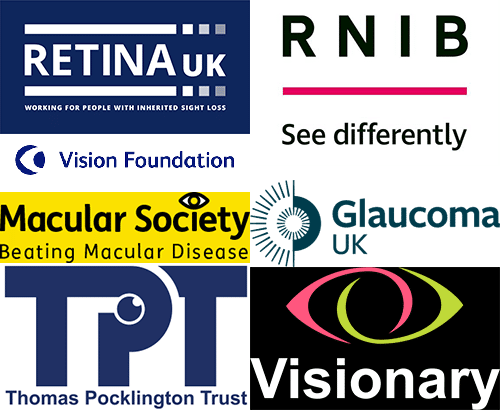Sepul Bio begins clinical trial of ultevursen for USH2A-associated RP
Sepul Bio begins clinical trial of ultevursen for USH2A-associated RP
Search results
Sepul Bio begins clinical trial of ultevursen for USH2A-associated RP
Autoimmune diseases are quite distinct from inherited retinal dystrophies.
TPT and Sight Loss Councils: Cut it back campaign
Researchers discovered a method to reduce Luxturna injection-related inflammation, improving safety and potentially preventing chorioretinal atrophy.
Autosomal recessive inheritance means that the faulty gene is on an autosome (any chromosome other than the sex chromosomes) and that both copies need to be faulty to cause sight loss
Information for healthcare professionals: Genetic testing and counselling in inherited retinal disease

As a coalition of sight loss charities, we are calling on the Government to make the benefit system and employment support fit for purpose for blind and partially sighted people.
Our monthly e-Newsletter featuring the latest updates from Retina UK.

As part of our aim to nurture young scientists, we are very pleased to introduce one of our new PhD students as part of a co-funding agreement with the Macular Society.

The Spring 2023 edition of the Retina UK newsletter, Look Forward, which includes articles about our upcoming events, research updates and more.